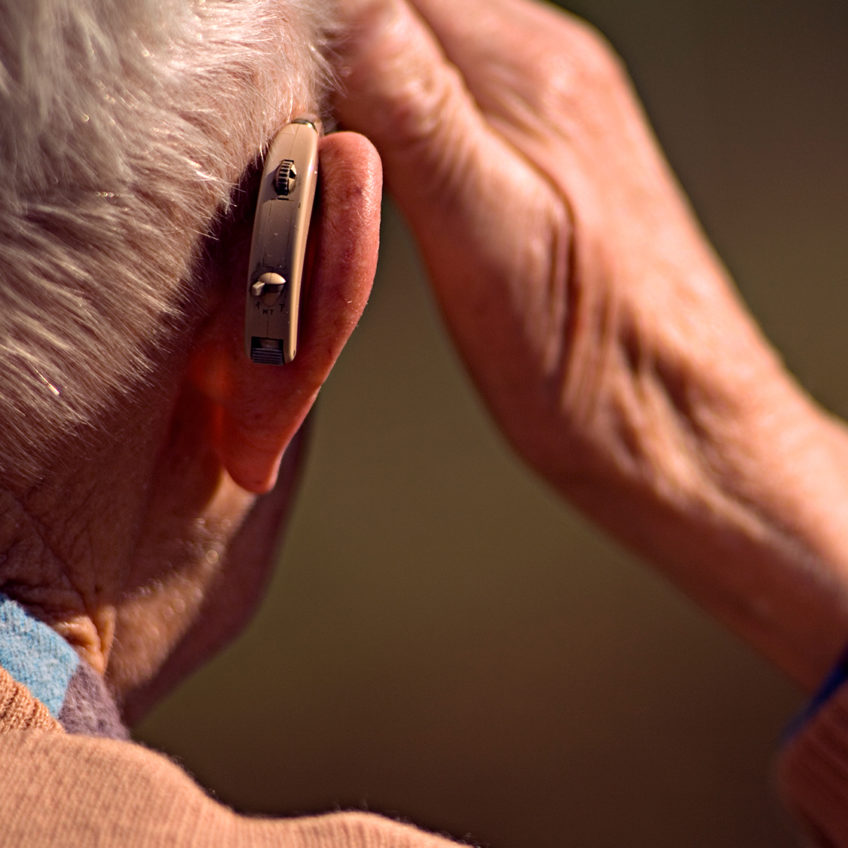
Researchers from University of Virginia School of Medicine say they discovered that cells in our ears have the capability to repair themselves — something that could lay the foundation to help researchers one day find out how to prevent hearing loss.
What are known as “hair cells” in the inner ear help us hear and balance. (The cells are covered in structures similar to hair, which is where their name comes from.)
The medical community largely believes the hair cells can’t be fixed once they are killed from things like loud noise. (The U.S. Centers for Disease Control and Prevention says the hair cells, which help your brain detect sound, cannot be repaired once they are damaged.)
But the new research indicates that hair cells can repair themselves, the researchers said. It’s not clear if there’s a way to revive them after damage or cell death. But the research does show that the cells have the capacity to fix themselves — and can within about a week after damage from noise. This could guide future research on preventing hearing loss, the researchers said.
The report was published in eLife.
When a hair cell is damaged, it releases a protein called XIRP2. This helps it sense the damage in the core, which contains a substance known as actin. The researchers found that the XIRP2 can not only determine if the cell is damaged—it can move to the site of the damage. That’s where it gives the cell a fresh supply of actin to fix the cell.
“We are especially excited to have identified a novel mechanism by which XIRP2 can sense damage-associated distortions of the actin backbone,” Jung-Bum Shin, PhD, an associate professor in UVA’s Department of Neuroscience, said in a statement. “This is of relevance not only for hair cell research, but the broader cell biology discipline.”
Other research has successfully regenerated hair cells in mice by reprogramming genes in the inner ear.
“Understanding and harnessing internal mechanisms by which hair cells counteract wear and tear will be crucial in identifying ways to prevent age-related hearing loss,” Shin said.
“Furthermore, this knowledge holds potential implications for associated conditions such as Alzheimer’s disease and other dementia conditions,” Shin added.





